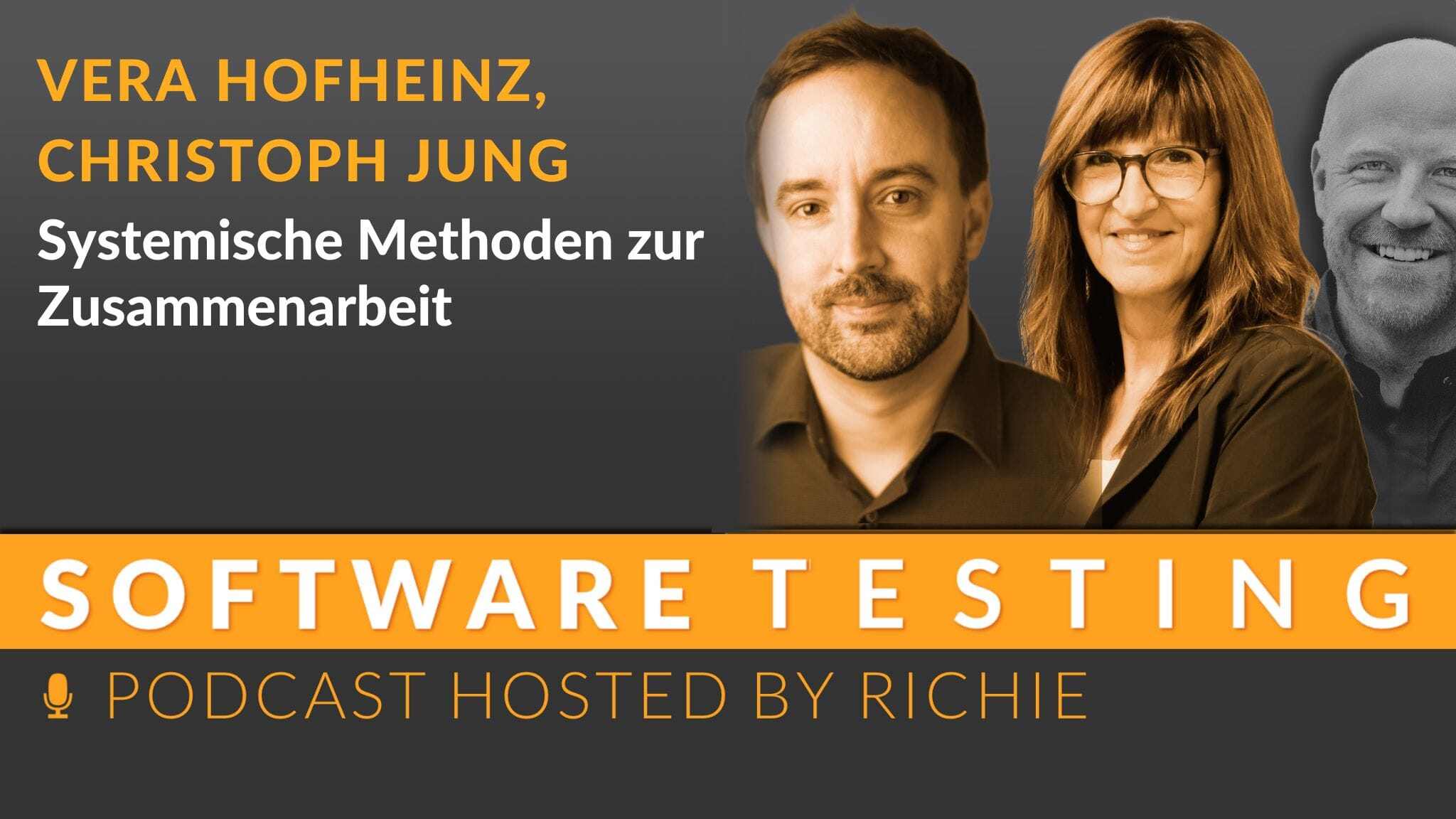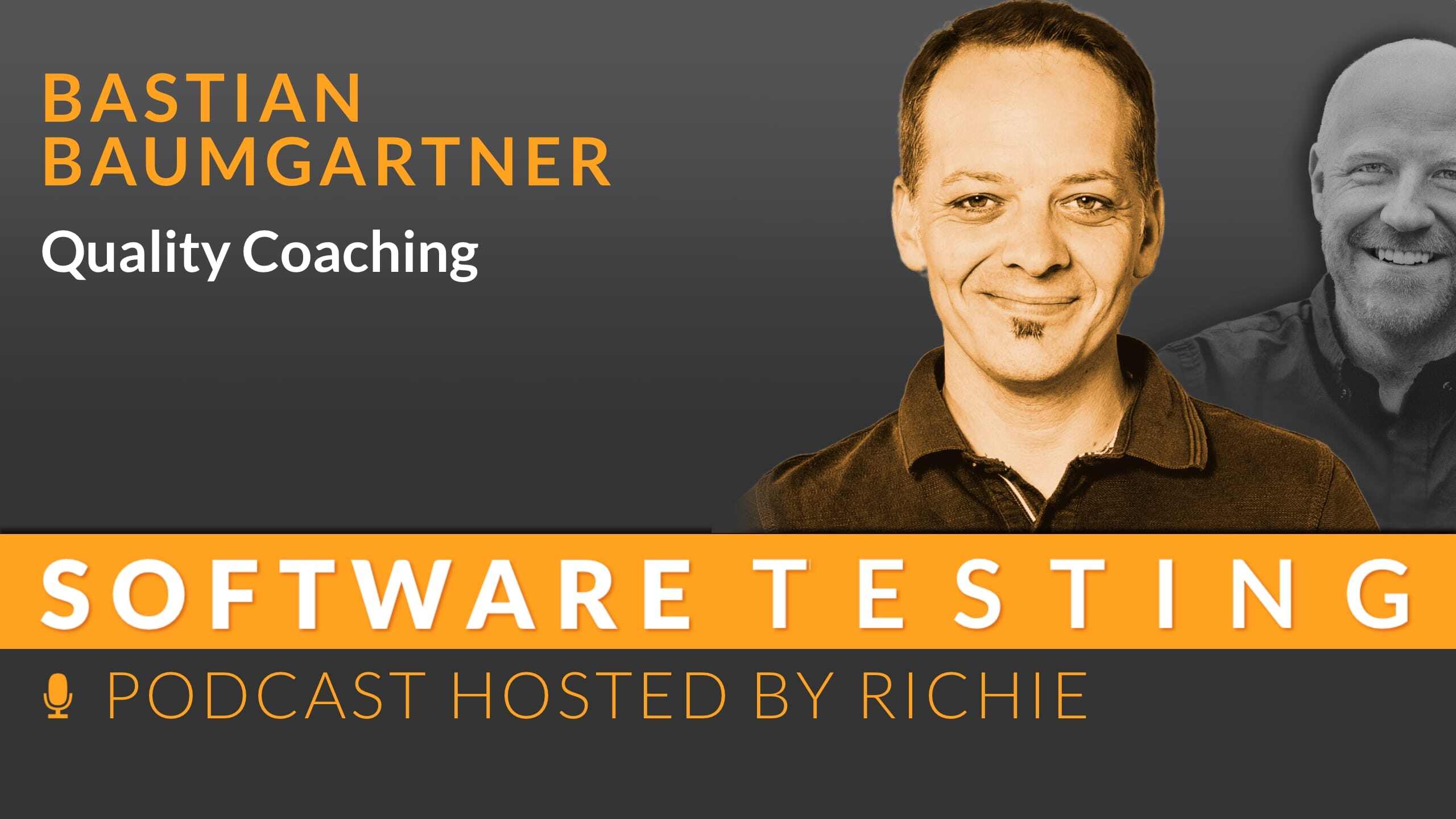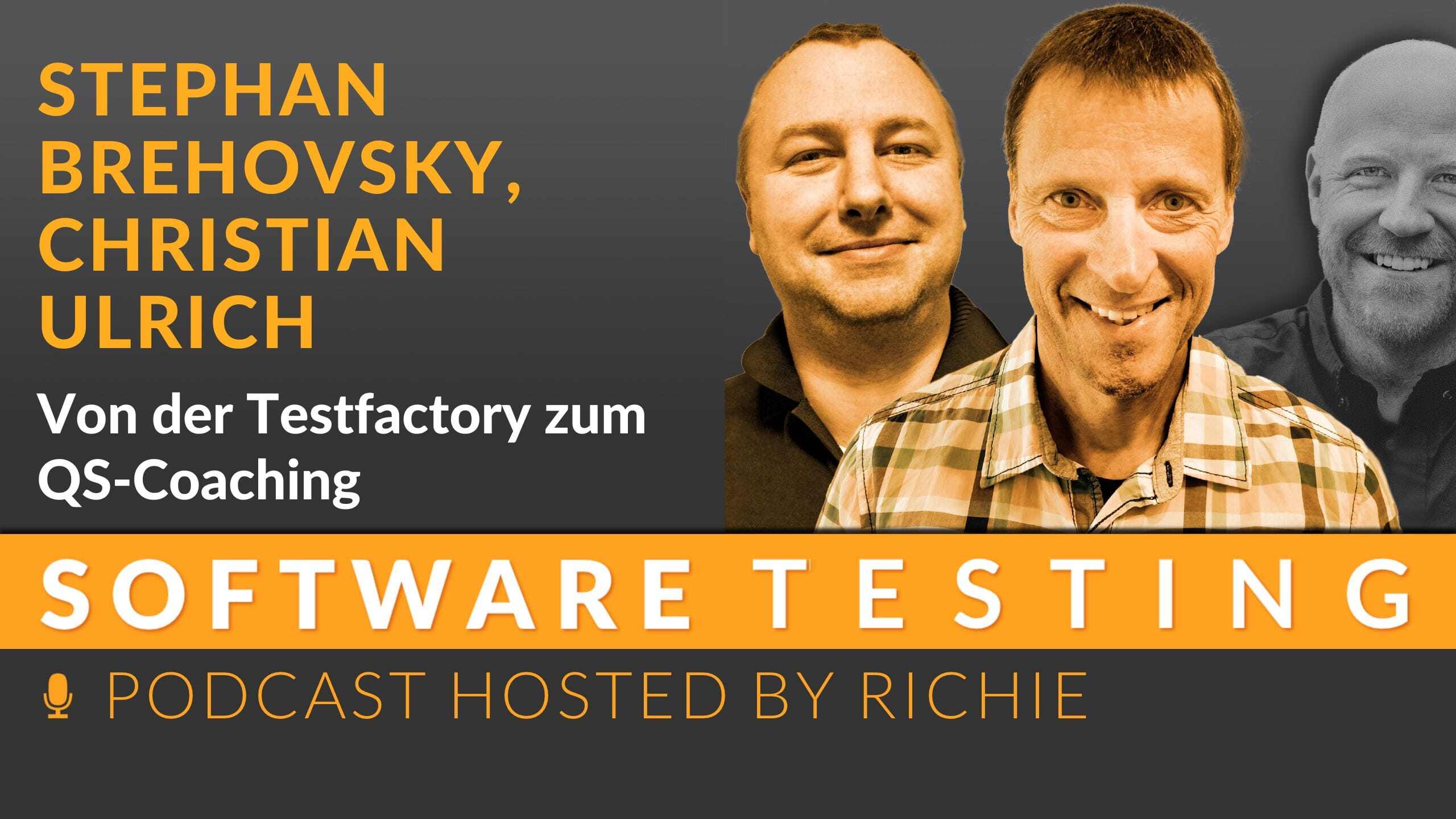Quality Coaching
Podcast Episode: Quality Coaching Quality coaching is very different from consulting and offers unique benefits for teams. Bastian Baumgartner...

How can systemic approaches in consulting and coaching transform teams and companies? Vera Hofheinz and Christoph Jung explain the importance of systemic thinking for managing conflict and change in software development. Systemic interventions often start at the relationship level and promote long-term, positive change. Through systemic coaching and targeted impulses, teams can communicate and work more effectively. Using practical examples, Vera and Christoph show how these approaches can be applied in your own environment. Systemic work has the potential to make software development more efficient at all levels.
"So if you have a software team like that, it has its own dynamic, its own communication within the team and the systemics experts say (...) they develop a certain immunity to the outside world, they don't like anyone from outside interfering." - Vera Hofheinz, Christoph Jung
In this podcast episode, I talk to Vera Hofheinz and Christoph Jung about systemic approaches in consulting and coaching, their relevance in software development and how these approaches can support teams and companies in dealing with change and developing future-proof skills.
In conversation with Vera and Christoph, it quickly becomes clear that 'systemic' goes far beyond the boundaries of traditional organizational consulting. It is about looking at communication systems and social dynamics in order to understand how people interact, organize themselves and cope with change. Systemic consulting uses this understanding to successfully guide groups or individuals through change processes. This approach views systems as independent entities with their own dynamics and looks for ways to use these for positive developments.
Christoph uses an example from software development to illustrate the practical application of systemic methods: a software engineer tries to introduce quality metrics in the team, but is not well received. The solution was not to directly prescribe measures, but to raise awareness of the issue through one-to-one discussions. This type of intervention enables the team to develop their own solutions and thus leads to sustainable change. It is about finding the right 'key' for the team's 'lock' - a starting point that enables the team itself to reflect and develop further.
An important aspect of systemic work is the sustainability of change. Vera emphasizes that it is not about imposing short-term solutions, but rather about empowering teams to tackle their own problems and get out of deadlocked situations. Self-reflection plays a crucial role here: by learning to look at yourself from different perspectives and critically question your own actions, you can respond more effectively to challenges and bring about positive long-term change in the team.
Despite all the advantages, there are also limits to what can be achieved through systemic approaches. Conflicts, for example, can reach a point where another form of intervention is needed. Christoph points out that sometimes mediation or even separation may be the only solution. However, this does not mean the failure of the systemic approach; rather, it shows the need for a wide range of tools and methods to deal with complex social dynamics.
An exciting question is whether you can set systemic impulses yourself as part of a system. Christoph says yes: Even within a team or an organization, ways can be found to initiate reflection processes and bring about change. This often involves creative methods such as sociometric constellations or the use of external moderators to open up new perspectives. The key is to be open to new approaches and to be prepared to take unconventional paths.

Podcast Episode: Quality Coaching Quality coaching is very different from consulting and offers unique benefits for teams. Bastian Baumgartner...

The transformation of test processes within an IT system house offers a deep insight into the change from control authority to coach. Ten years ago,...

Podcast Episode: Don't talk to me about professionalism Professionalism is a term that initially draws boundaries. In Ina's opinion, this is also the...